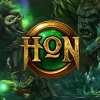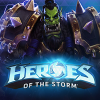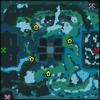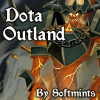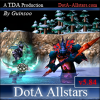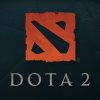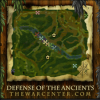A hardcore, ruthless, and unforgiving gameplay experience. Close sibling of DotA Allstars.
Development has formally ended, though servers remain available to play and there are still occasional minor patches to tweak gameplay and balance.
Simplifies many traditional lane-pushing game mechanics to focus on being a structured team-brawling game. It has a huge range of maps to play on with varying objectives, and relies entirely on hero-specific talent trees to provide customisation options during each match.
The battle rages on both the surface of the sea and the ocean floor, and heroes can switch planes at any time!
Light-hearted game that experimented with lots of gimmicky mechanics and unusual heroes. The battlefield has bridges which can be raised and lowered using levers to block and open paths.
Heroes can engage in optional side quests, or pick up one of several sub-categories of items which have unusual rules. There are also modest army-customisation options, as well as a selection of powerful tower upgrades.
Has a large number of deeply interwoven mechanics, leading to a complex and deep competitive experience. Players have shown a high level of engagement with its massive esports scene: with the annual 'The International' tournament consistently offering the biggest prize-pools in esports history.
Emphasises rich and engaging hero combat. The game has many unusual skill-shots, and there no stuns or randomness. Combat instead focuses more on displacement and environmental or situational damage.
The jungle is a persistent team objective rather than an economic space for a single hero to occupy, and a variety of different creep camps and reward structures have appeared in the game over the years.
The game had an unusually refined item system, with a fullscreen shop interface, typed shortcuts, recommended items, recipe autocompletion, all items stacking with each-other (at reduced efficiency), and custom item stats like bonus ability radius or duration.
